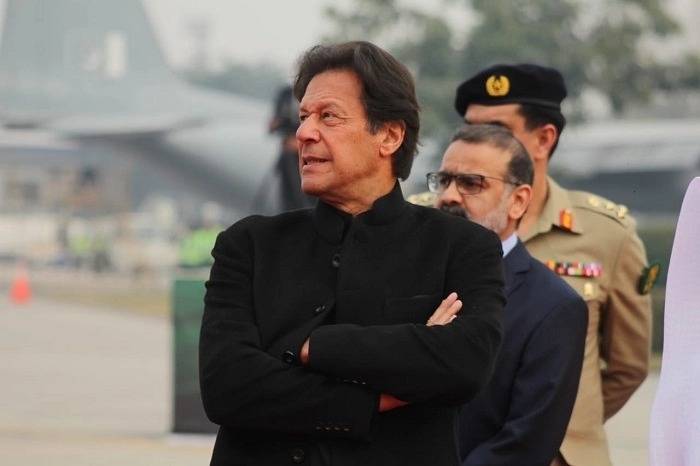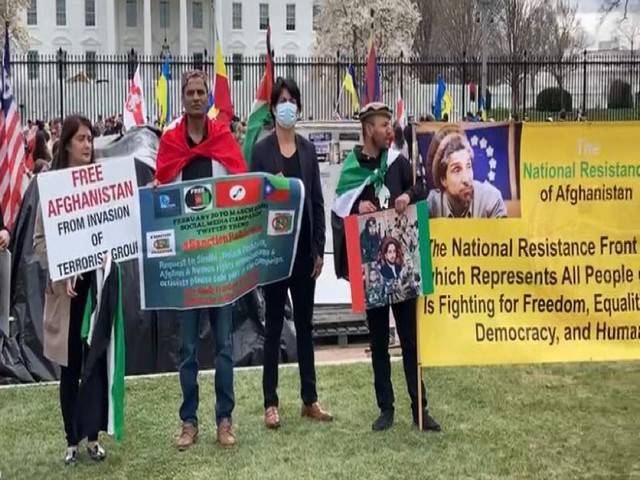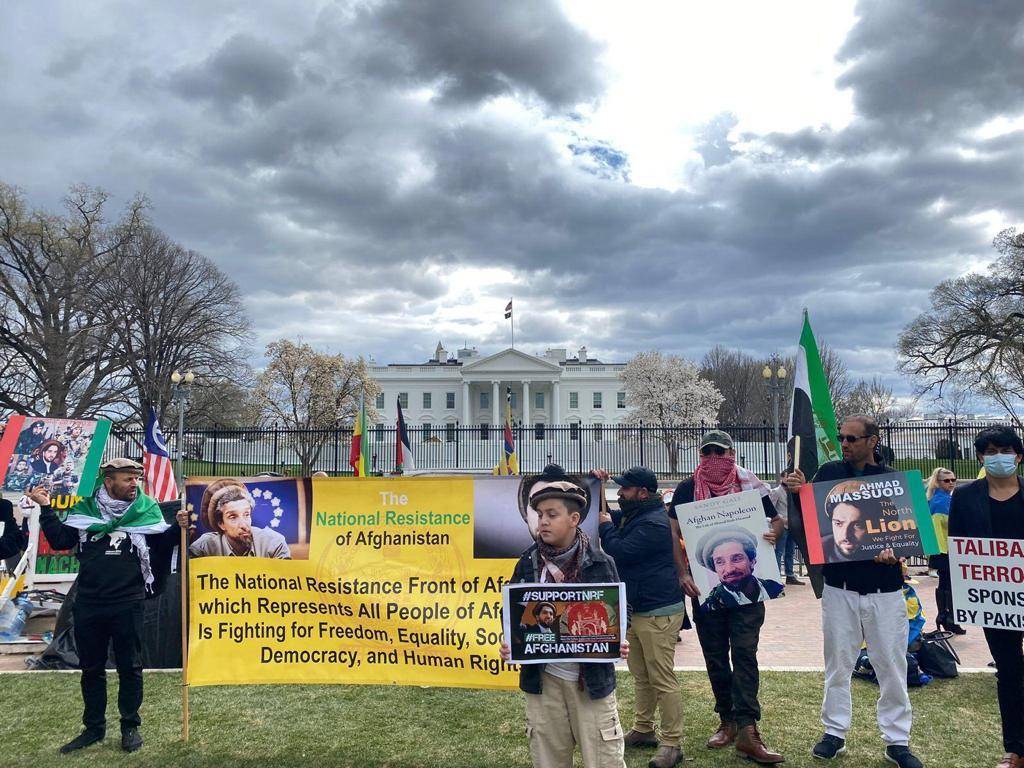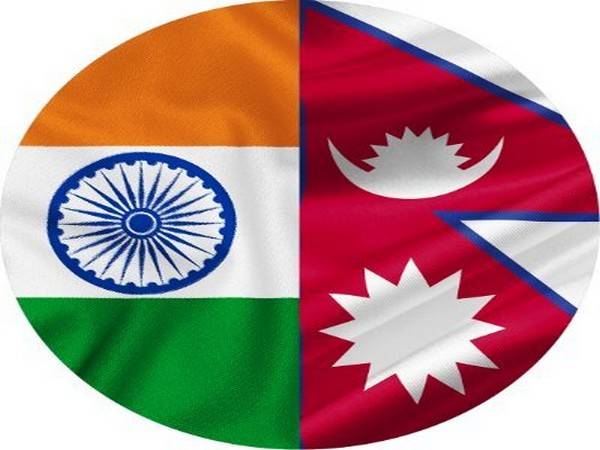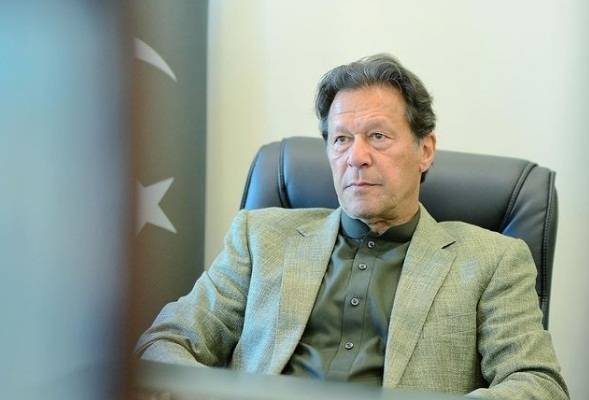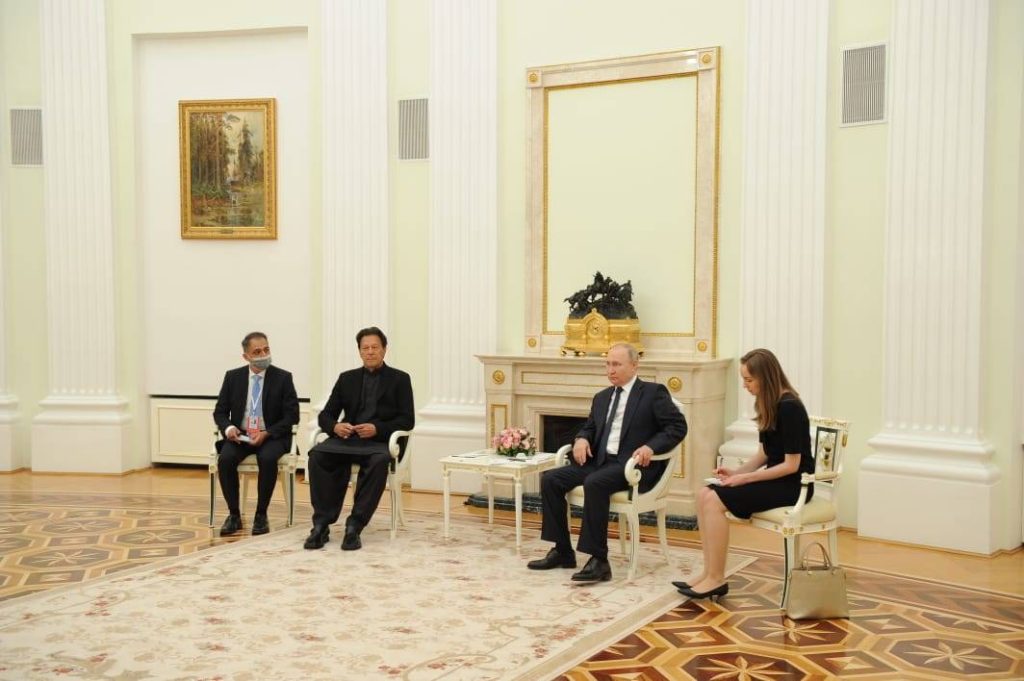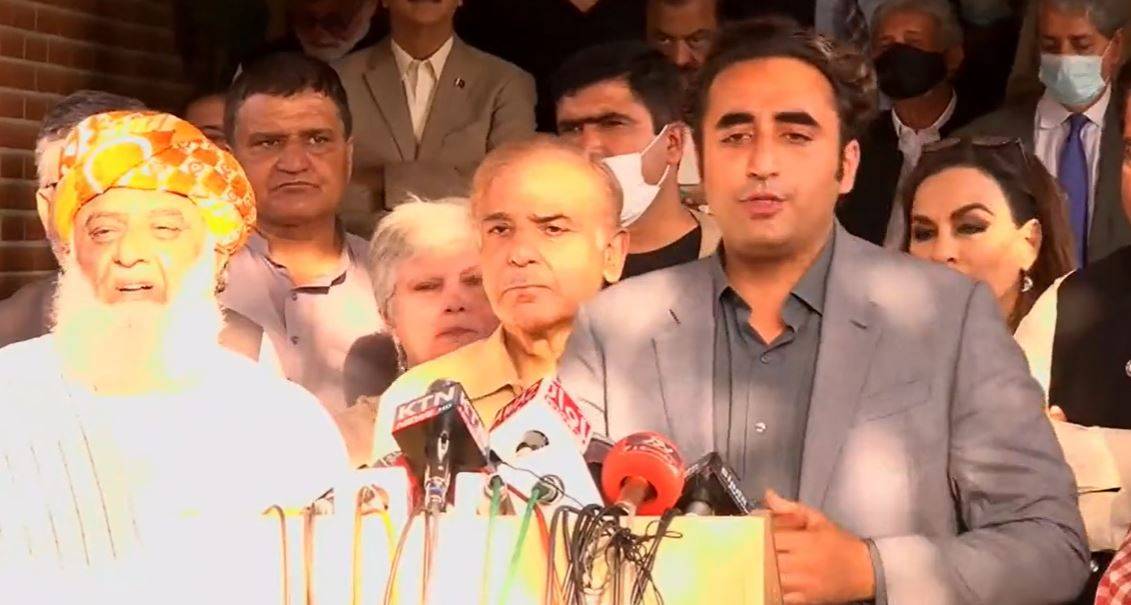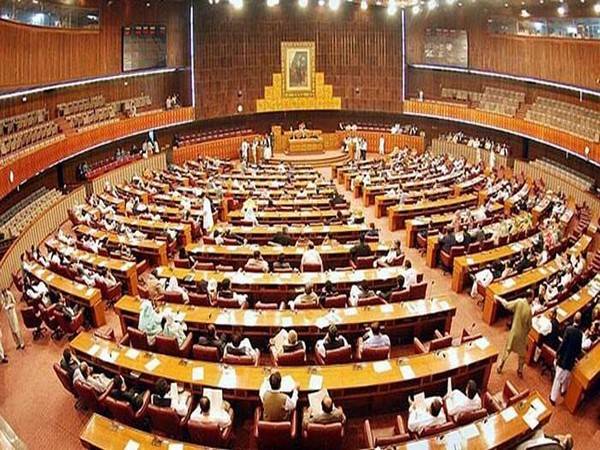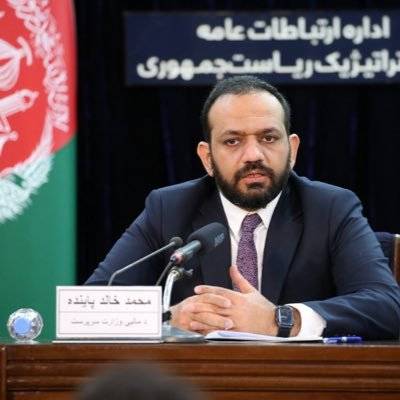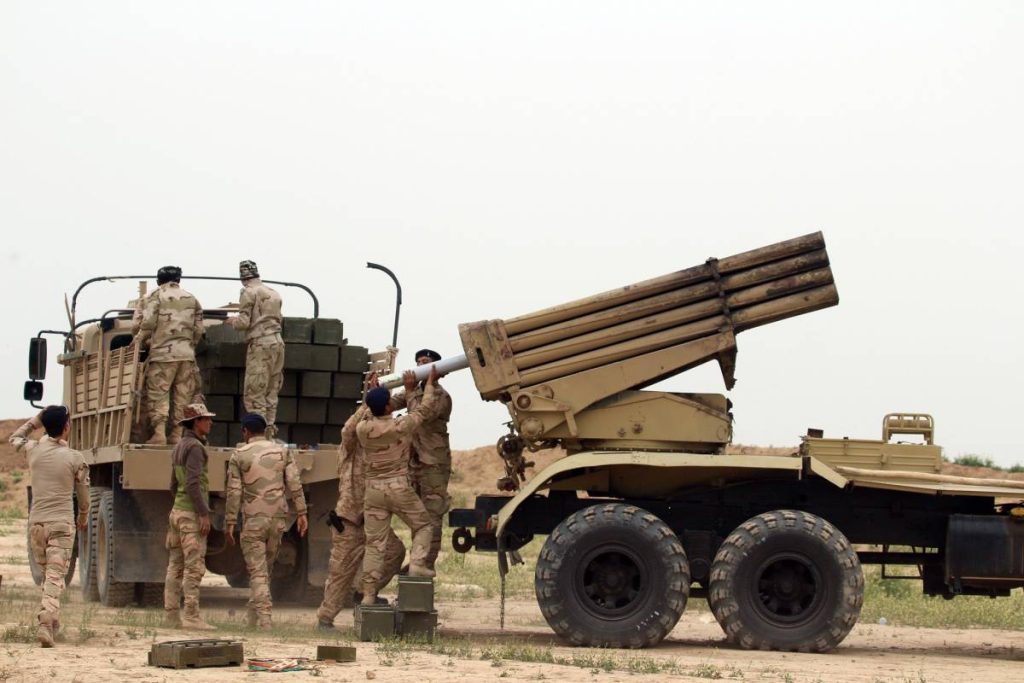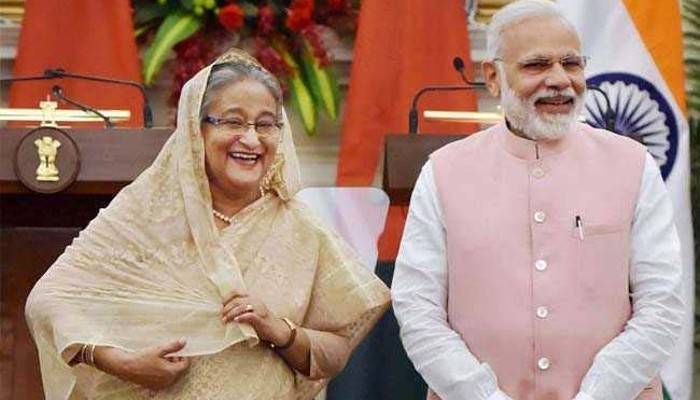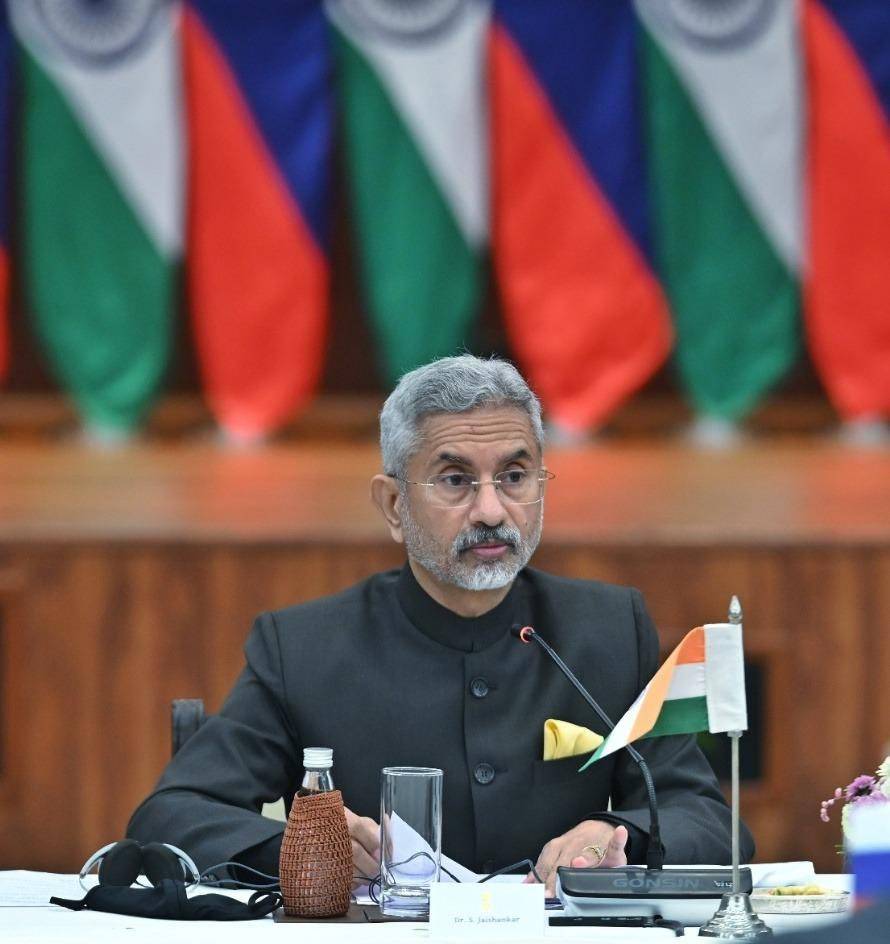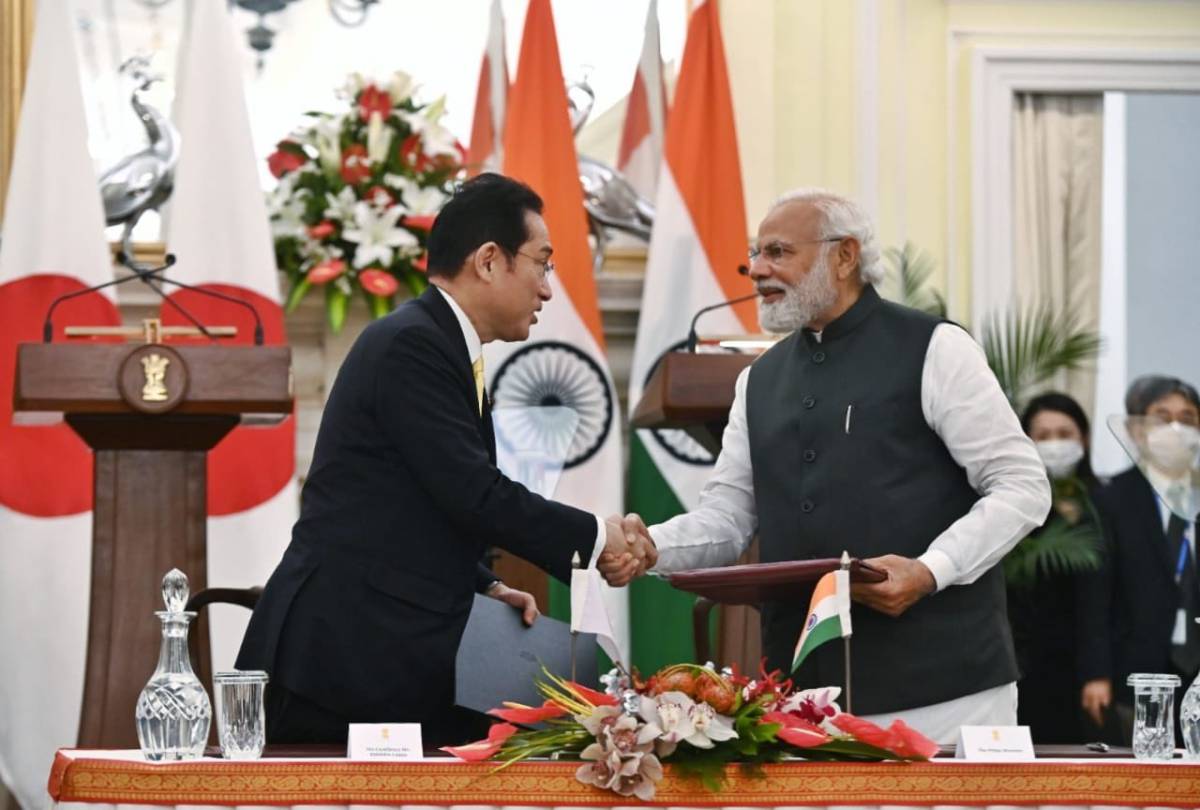Bilawal also lashed out at Khan for using Islam for party politics and asked him not to use the slogan of Madinah state…reports Asian Lite News
Amid political instability in the country, Pakistan Opposition parties on Sunday lashed out at Prime Minister Imran Khan for using “religion card” in an effort to save his government.
The Opposition parties also accused the Imran Khan government of launching a “propaganda campaign” through its social media team against the army over its “neutrality”, Dawn newspaper reported.
Bilawal also lashed out at Khan for using Islam for party politics and asked him not to use the slogan of Madinah state, the Pakistani newspaper reported.
Meanwhile, opposition parties have also slammed National Assembly Speaker Asad Qaiser for not convening the assembly session within 14 days of its requisition to take up their no-confidence resolution against Khan and demanded that he should be tried under Article 6 of the Constitution, Dawn newspaper reported.
The Pakistan Army’s top brass, led by General Qamar Javed Bajwa, has reportedly asked Imran Khan to resign after the conference of the Organization of the Islamic Cooperation (OIC).
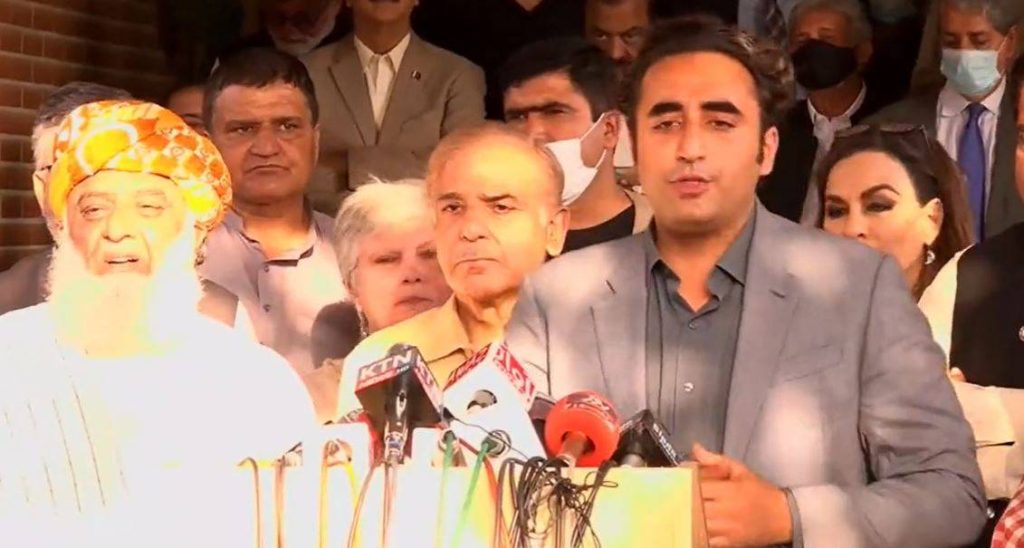
Earlier, Pakistan People’s Party (PPP) chairperson and Opposition leader Bilawal Bhutto Zardari hit out at the National Assembly (NA) Speaker Asad Qaisar for violating the Constitution by not convening the NA session within two weeks of requisition request by the Opposition, the Pakistani newspaper reported.
The development comes after the Pakistan National Assembly Speaker summoned a session of the National Assembly of Pakistan in Islamabad on March 25 for a no-trust motion against Imran Khan.
The Opposition parties in Pakistan are jettisoning mutual hatred to oust Imran Khan as they submitted the no-trust motion in the National Assembly secretariat on March 8. While the Imran Khan government has exuded confidence to defeat the no-trust motion, the Opposition is sure that they will oust Khan.
The resolution needs to be passed by 172 Members of the National Assembly (MNAs) and the Opposition faces the tough task to bring that number not only in the National Assembly but also ensuring that they remain inside the Assembly hall during the voting time.
Notably, if Imran Khan is voted out through the motion, it would create history as a vote of no-confidence has never been carried against the Prime Minister in Pakistan. (ANI)

